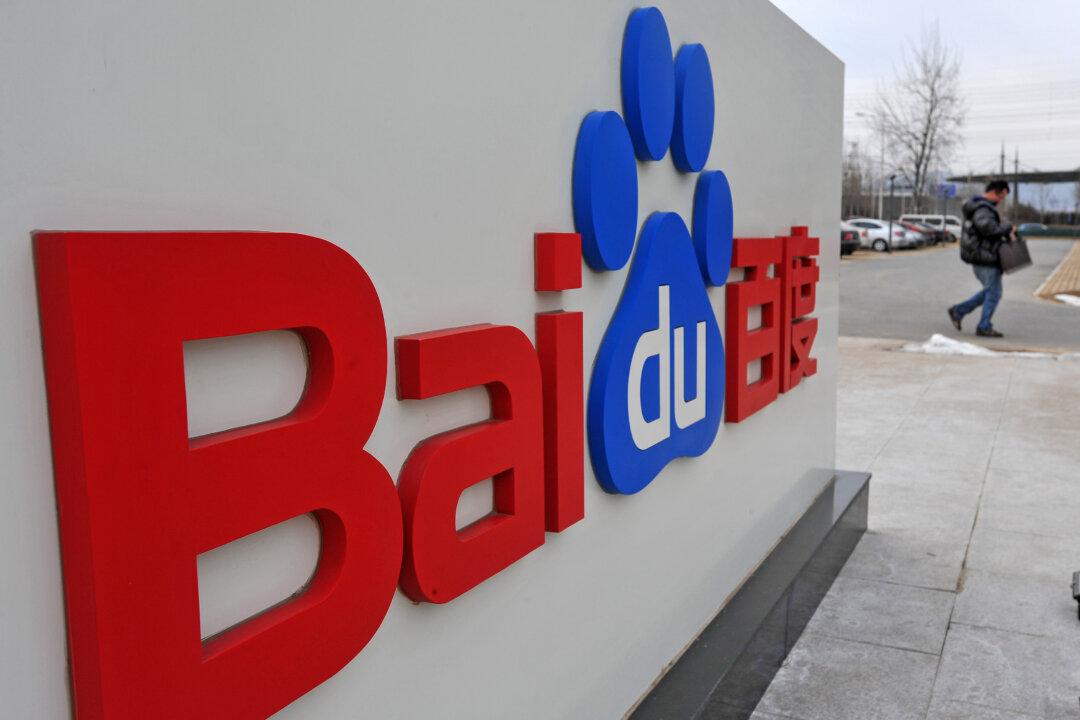BEIJING—China has launched a campaign to clean up its internet, state media said on June 12, amid a fresh wave of apparent censorship by authorities that has blocked more foreign media websites and shut down domestic accounts on social media.
The “rectification” effort was launched in May by the cyberspace administration, the information technology ministry, the public security bureau and the markets regulator and will run until the end of the year, the official Xinhua news agency said.





